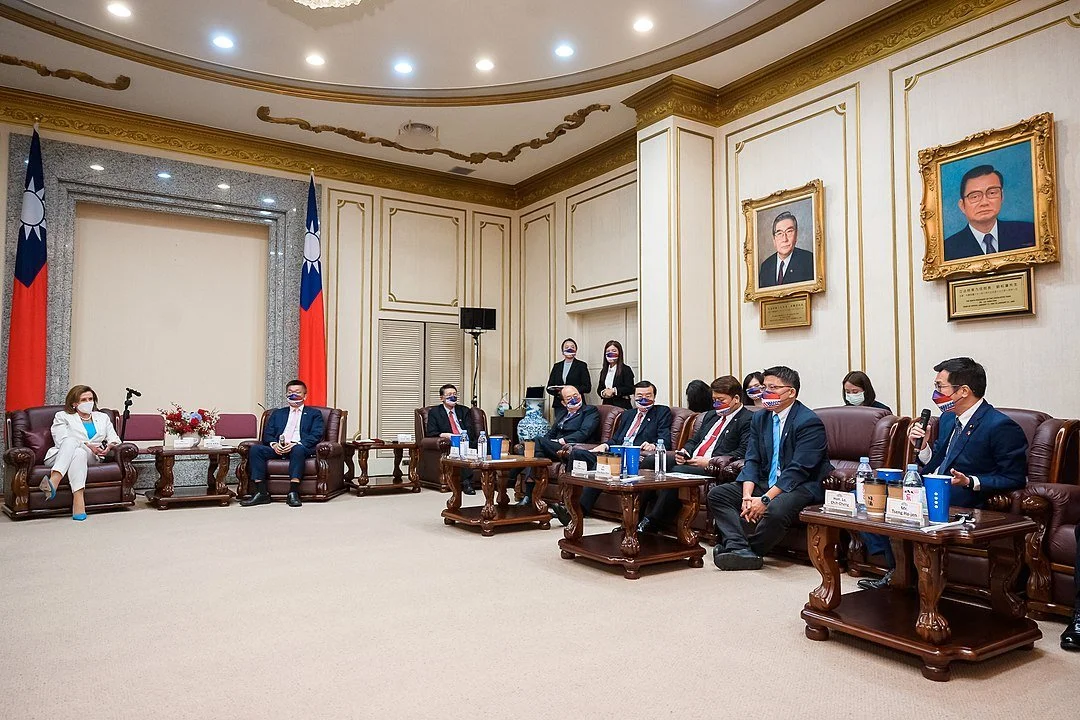![Comments on Recent Cases: October 2022]()
Many states have consumer protection statutes that make it easier to sue companies that use deception in selling consumer goods. While the language of these statutes may be broad, courts sometimes interpret them narrowly in litigation.
Read More
![Third Party Subpoenas]()
After preparing the subpoena, a party needs to serve the subpoena in the same manner that it serves a summons. Often lawyers reach out to the lawyer for the subpoena recipient, who agrees to accept service without the need for the technical service procedure. The serving party usually also needs to serve a copy of the subpoena on each of the other parties to the litigation, which may also give them the opportunity to fight it in court.
Read More
![Non-Disclosure Agreements]()
Non-Disclosure Agreements often begin with a definition of what information exactly is “confidential” and therefore should not be disclosed. Usually this is information that one party gives to the other that isn’t already public. Such a broad definition allows a company to re-use the same NDA for multiple situations and permits it to file the NDA in court without fear that the NDA itself will reveal any secrets. But sometimes an agreement may be more specific to avoid any doubt about what the subject matter is.
Read More
![Strike 3 Lawsuits]()
In my review of Strike 3 lawsuits, I have seen none proceed to trial. The vast majority that I see settle, which means that Strike 3’s business appears to me to be twofold: First, getting random people to send it money to settle its lawsuits. And second, generally discouraging people from illegally downloading its films.
Read More
![Litigation in Panama]()
There is no summary judgment or motions to dismiss. This is true, even if you challenge a lawsuit on the grounds of the statute of limitations or similar defenses. Instead, a defendant needs to litigate a case through its conclusion.
Read More
![Comments on Recent Cases: September 2022]()
A contract provision may seem clear to someone, but a court may not always see it the same way. Frequently, litigation arises because another party reads the contract differently. And a court may interpret a contract provision differently than its plain language because of what that language may mean in light of the other provisions of the agreement.
Read More
![Choice of Law]()
Sometimes there are no statutes or precedents from another jurisdiction that directly answer the question that a court needs to consider. In those situations, courts often will apply the law in the way they believe the other state would have applied the law. And, in some situations, courts in one jurisdiction can “certify a question” to the highest court of another state for it to answer so that the local court can apply the law correctly.
Read More
![Lies]()
In federal court, Rule 11 governs the procedure for addressing false statements by an attorney in a written document submitted to court. Rule 11 requires the lawyer to give notice to the other lawyer about the lie and provide her an opportunity to respond to it. Following that notice, the lawyer may make a motion to the court, asking it to punish the lawyer for the lie. Often this punishment comes in the form of the reimbursement of attorneys fees incurred in connection with the motion and because of the lie.
Read More
![Litigation in Indonesia]()
Indonesian courts are open to the public and ordinary people can watch a commercial trial. But there are some courts which are not open to the public. These include courts that hear family law cases or divorce cases.
Read More
![Comments on Recent Cases: August 2022]()
New York recently adopted a law called the Freelance Isn’t Free Act (“FIFA”). It enables freelancers to sue customers that do not pay and recover double what they were owed, plus attorney’s fees. The purpose of the law is to discourage customers from not paying and to enable freelancers to afford litigation. But the law does not apply in every case; just when the plaintiff is a freelancer that works by his or herself.
Read More
![Working With Judges]()
Part of the reason lawyers are so deferential is because judges have the power to hold lawyers in contempt. And another part of this is because judges ultimately decide major issues in a case, so lawyers want to be on their good side.
Read More
![Small Claims Court]()
Only certain types of cases qualify for small claims court. Generally, they are disputes over an amount of money below a certain threshold. For example, in New York City, small claims courts hear disputes for up to $10,000. In Miami, they hear claims for up to $8,000. These are amounts of money that may not seem small (no one wants to lose $8,000), but that are below the cost of litigating a full case in another court.
Read More











